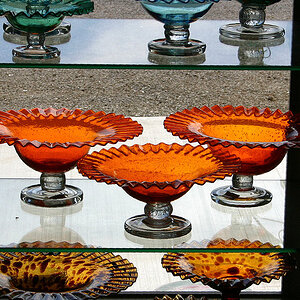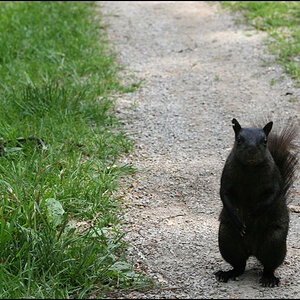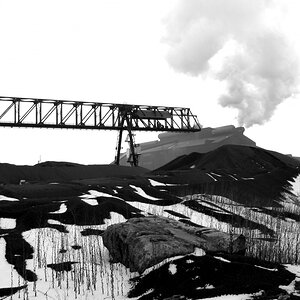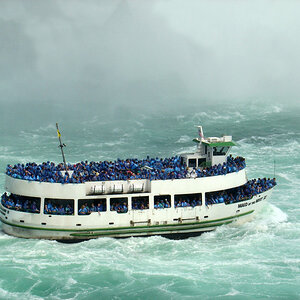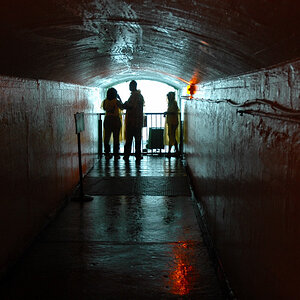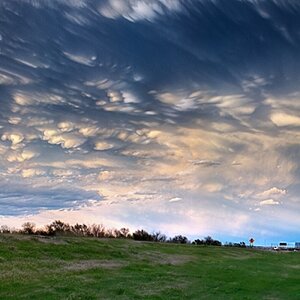Dashur
TPF Noob!
- Joined
- May 17, 2017
- Messages
- 82
- Reaction score
- 38
- Location
- Germany
- Can others edit my Photos
- Photos NOT OK to edit
Perhaps there could be some benefit to reviewing the images at the time of their capture? Maybe you'd be able to review them quickly, and make changes that you might like more, at a later time? Perhaps the disappointment that you feel at later times could be avoided if there were some chimping done at the time of the photography?
Does not chimping add anything to the photographic process for you? Do you not have the time to review shots? How is not utilizing the rear LCD screen of benefit to you?
Because My camera's LCD does not show what my computer shows. it gives only a rudimentary view of what I actually captured. And when i shoot, I tend to be 'in a groove' and don't like to stop. So - if I had a "remotely modern" camera with a decent LCD Maybe I could get better use from it. But for me? A "new" camera is from like...I dunno...2010? I tend to not upgrade until the camera I have actually limits me. I use a circa 2005? 1D Mark II (N) and an old Rebel TSi-something-or-nother....the photo of my daughter was taken with the Rebel.



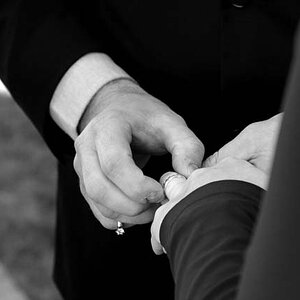
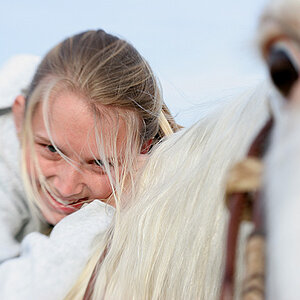
![[No title]](/data/xfmg/thumbnail/34/34688-a1ead83a3067b449d62078d1170e00f6.jpg?1619736603)
